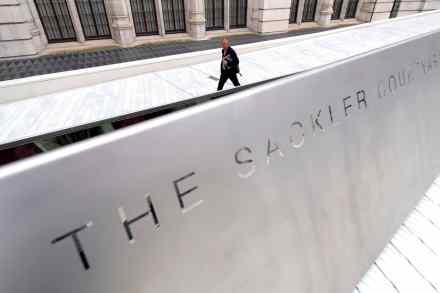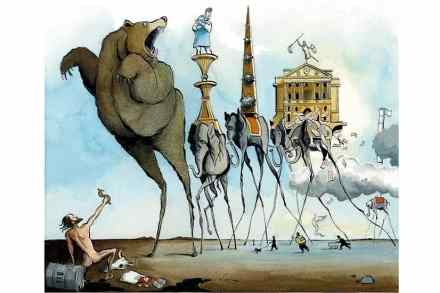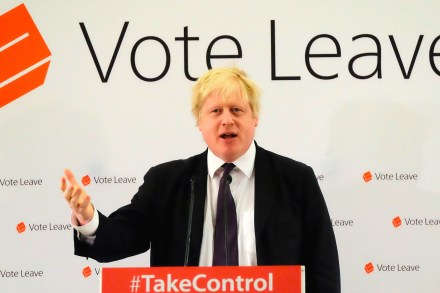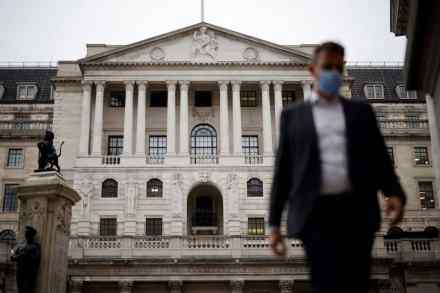A windfall tax on energy firms is a mistake
Is it time for a windfall tax on energy companies? Judging by a poll during the first lockdown – which found more than half of the UK public would welcome an additional tax on businesses that had thrived because of the extraordinary circumstances of the pandemic – it would be a popular measure. A windfall is typically something you get for free, after all. Energy policy has become increasingly muddled in recent years Advocates often reference Chancellor Gordon Brown’s windfall tax on privatised utilities in 1997, which raised £5.2bn over a number of years and was justified on the grounds that corporate profits had risen due to failed government policy.




















